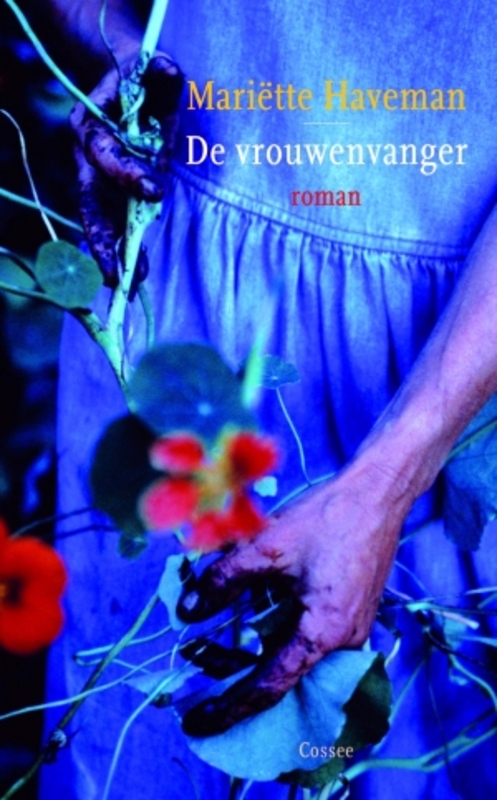
Passers-by gasp when they stumble upon the old mansion in the middle of the woods not far from the Dutch border with Germany. In the summer this is the most beautiful place on earth but for Gerhardt and Marianne Lehmann and their daughter Lola the winters can get lonely in this huge, draughty home, far from the civilized world.
One day a man on a cycling holiday with his wife and small son strikes up a conversation with the Lehmanns. The next weekend Markus – civil, ecologically aware, good-looking, a compelling presence – shows an interest in sharing the rent for the house. During the third encounter the two families drink to a shared future.
Soon Markus and Anna are keen to upgrade the house and kitchen garden, both in dire need of refurbishment. Gerhardt and Marianne, more occupied by books and music, are delighted by all the fresh activity, but their happiness doesn’t last long.
With breathtaking precision Mariëtte Haveman probes the subtle shifts in the balance of power – leading to terror and violence – that occur in the name of ideals. She explores the temptation to yield to a charismatic leader and submit to paranoid schemes which grow out of the simple desire for home-grown food, homemade clothing, minimizing waste and teaching the children endurance in the face of hardship.
But why are the women in particular so persistent in holding on to this so-called better life, even if it means abandoning their children? In the years to come this painful question continues to haunt Lola.
‘Even more special is Havemans sensitive, almost tender storytelling’
– Jann Ruyters in Trouw
‘A detached registration of sometimes intense moments’ – Erik de Vries in BOEK Magazine
‘Mariëtte Haveman writes sentences to love, sentences a reader would write in their diary. Her language is rich and her observations of human life are precise and true’ – Hans Ester in Nederlands Dagblad